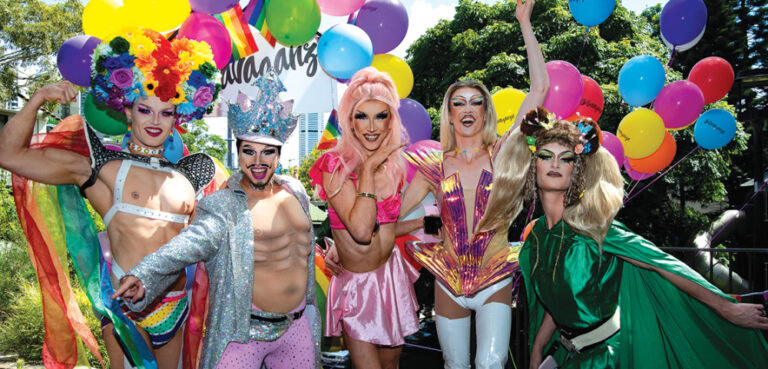
Despite reporting on GLBTI issues for some years now, it’s still sobering to see the blunt reality of statistics around mental health and suicide in the community.
Mark Butler’s announcement to sink $1.1 million over two years to deal with LGBTI mental health and suicide prevention is good news, but it will take a much longer commitment from the government to start to reverse the worrying level of self-harm and depression among GLBTI people.
Shortly before Alliance CEO Gabi Rosenstreich was forced to leave the organisation earlier this year due to a lack of ongoing funding, she complied a research paper detailing the (ill) health of our some in our community.
That up to 50 percent of trans people have attempted suicide at least once in their lives and that same-sex attracted people are anywhere from three to 14 times more likely to attempt suicide than their heterosexual peers is heartbreaking. And that’s just the start.
No one is suggesting the issue is an easy fix, but to GLBTI people, their family and friends, the solution is quite simple. Resource us, arm us with decent facilities (not one-off, hotchpotch grants) and improvements can be made. Governments, it seems, still needs quite some convincing.
In the case of the $1.1million, Health Minister Mark Butler and the Department of Health and Ageing have looked at the figures and acted, but this comes after years of agitation from concerned community members.
The National LGBTI Health Alliance itself, which the Government now expects to deliver on the funding provided, does not have core funding to keep it alive. Instead it relies on the goodwill of its member organisations and one-off grants to keep it afloat.
The Alliance has announced this new money will go to the establishment of two new positions to reach out to every mental health service in the country to train mental health professionals to be GLBTI-inclusive.
That’s a lot of ground to cover for two people.
These issues, which vary for every colour of the rainbow, need to be tackled cohesively so every GLBTI person in Australia can feel comfortable when dealing with health services. A special mention here goes particularly in aged care.
Various multicultural councils around Australia, very rightly, receive ongoing funding to address issues of intolerance and racism that affect their communities. Why is it that the GLBTI community, with black-and-white evidence it has some of the poorest mental health in Australia, is left blowing in the wind?
Perhaps the issue of ongoing funding for the Alliance is something Queensland MP Warren Entsch and his band of merry parliamentarians can tackle when they meet in September.
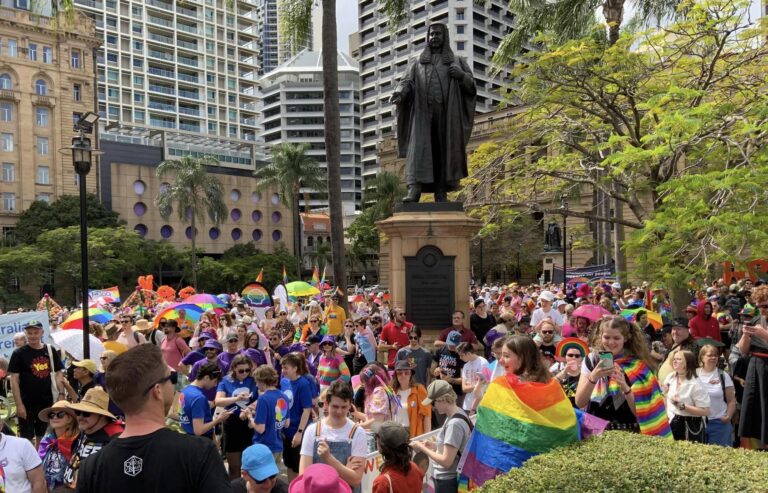
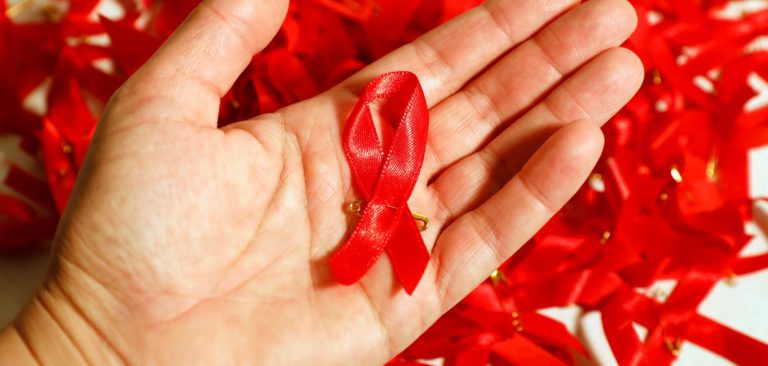

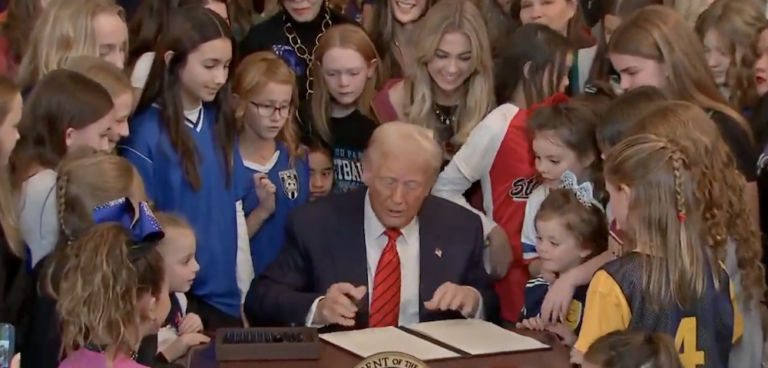
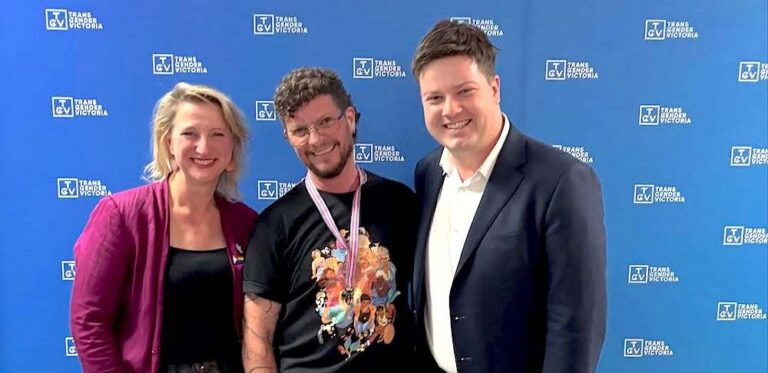

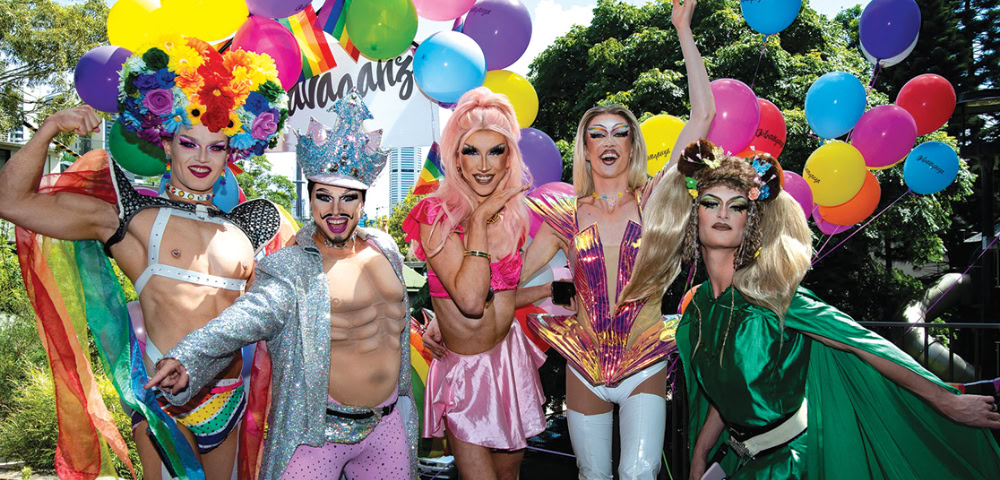
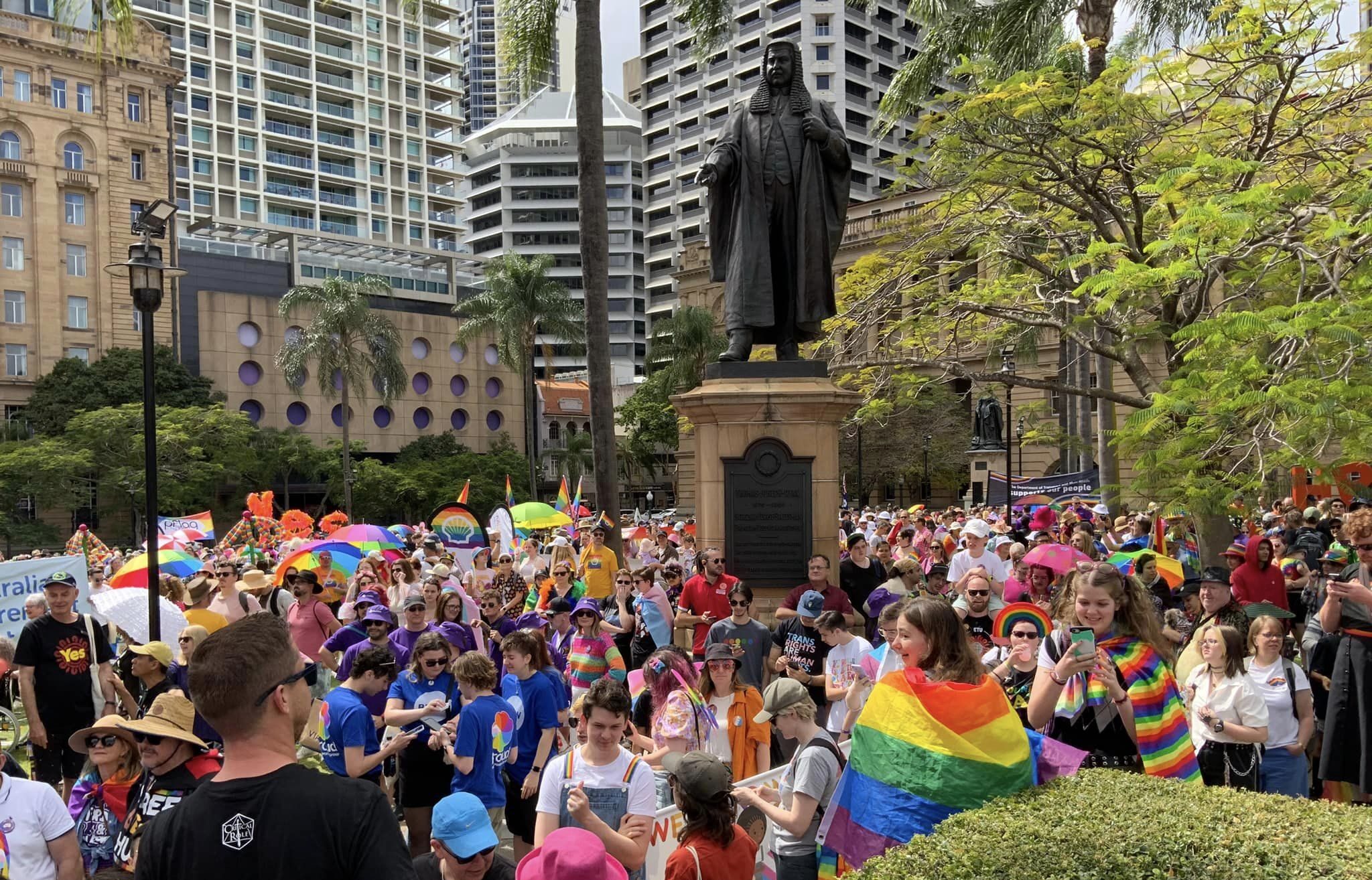
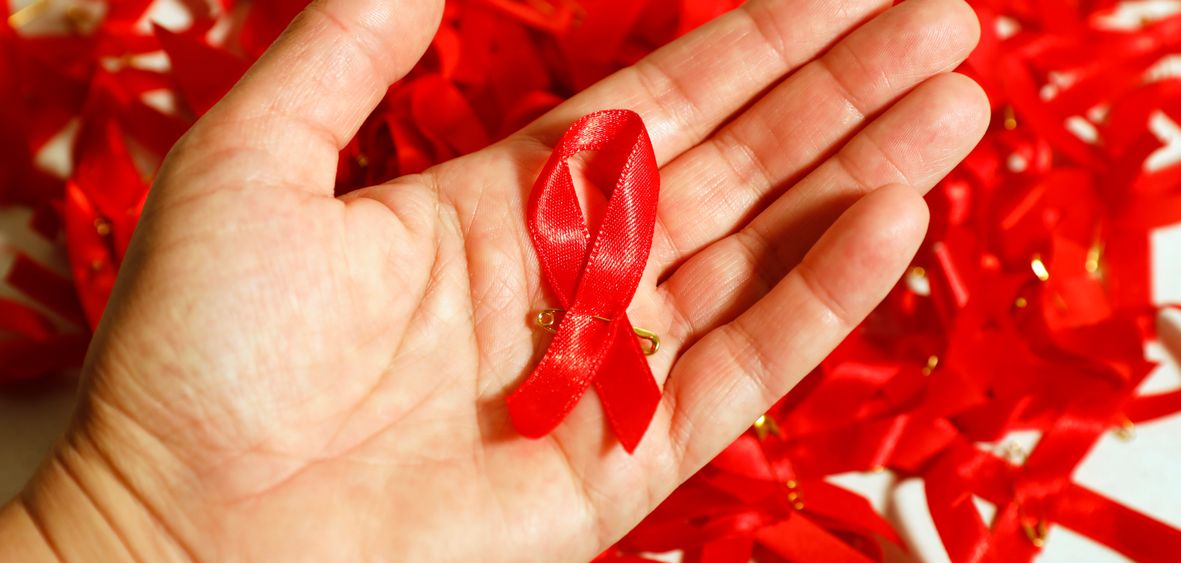
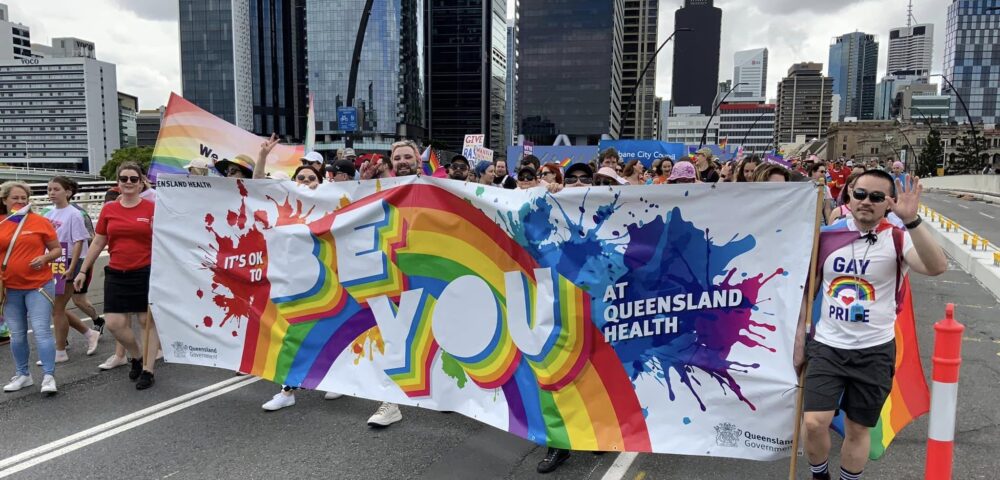

Thanks Andie for this article and for making special mention of aged care issues, which are very serious and require urgent attention, but can be overlooked when questions of GLBTI suicide are discussed.
http://www.suicidepreventionaust.org/wp-content/uploads/2011/07/index.html#feature
‘Dr Jo Harrison, a gerontologist with expertise in gay, lesbian, bisexual, transgender and intersex (GLBTI) aged care, says older people with particular needs are especially at risk. ‘It is still definitely the case… that people continue to remain invisible and afraid. They therefore experience greater anxiety and depression and are at risk of suicide after lives of persecution and hiding their identities.’
$1m is a disgrace considering the mental health issues GLBT community members experience. I hope this leads to more funding.
Queensland’s gay health body Healthy Communities is only funded for a sliver of LGBT health work. Our lesbian, trans, mental health and other groups attract no ongoing funding.
We have launched the Equality in Health campaign through Facebook and Twitter to ask our community to remind their politicians that they deserve the same access to health.
More info at http://www.tinyurl.com/EqualityInHealth
[…] OPINION: Funding seems to be the hardest word […]